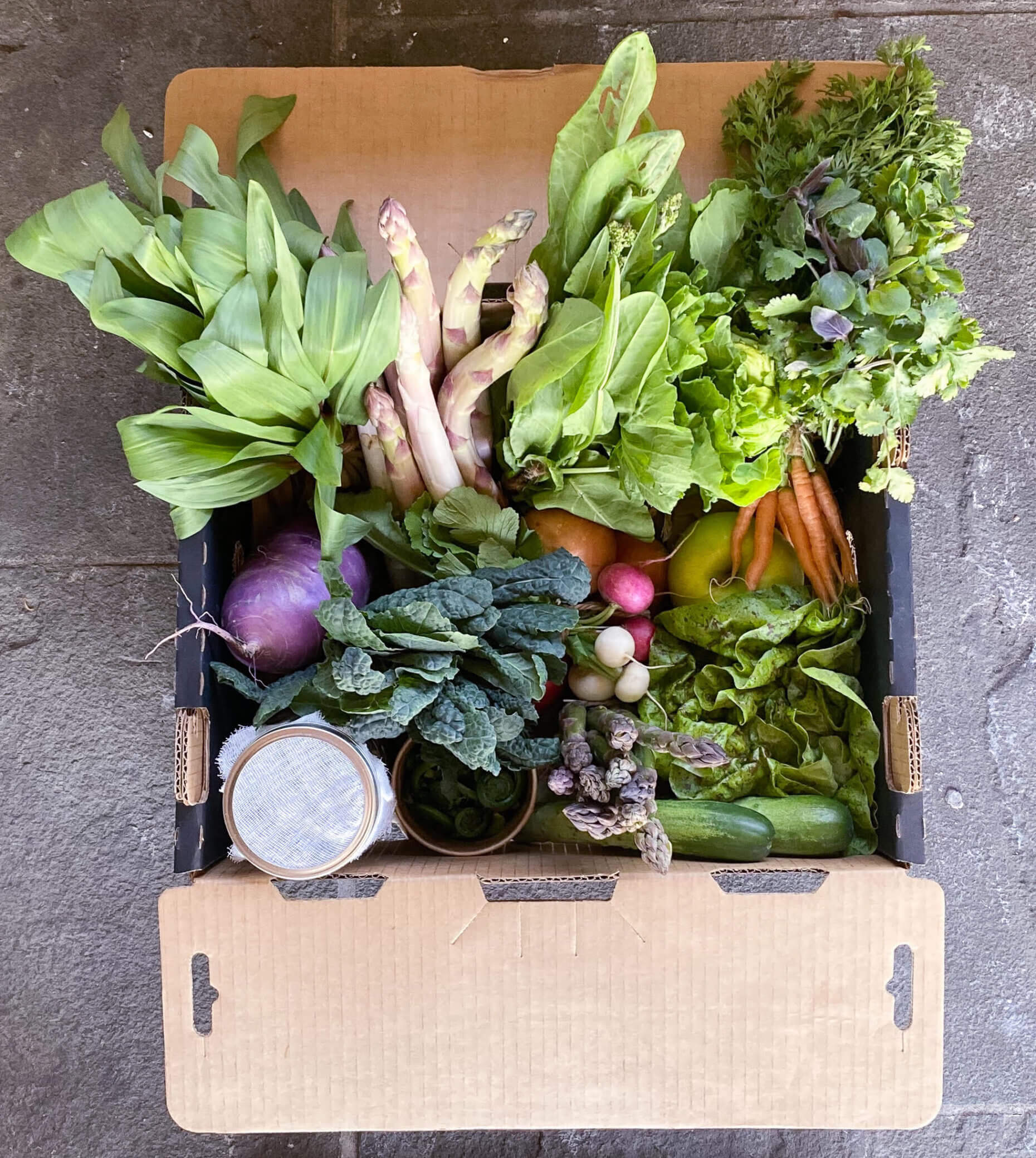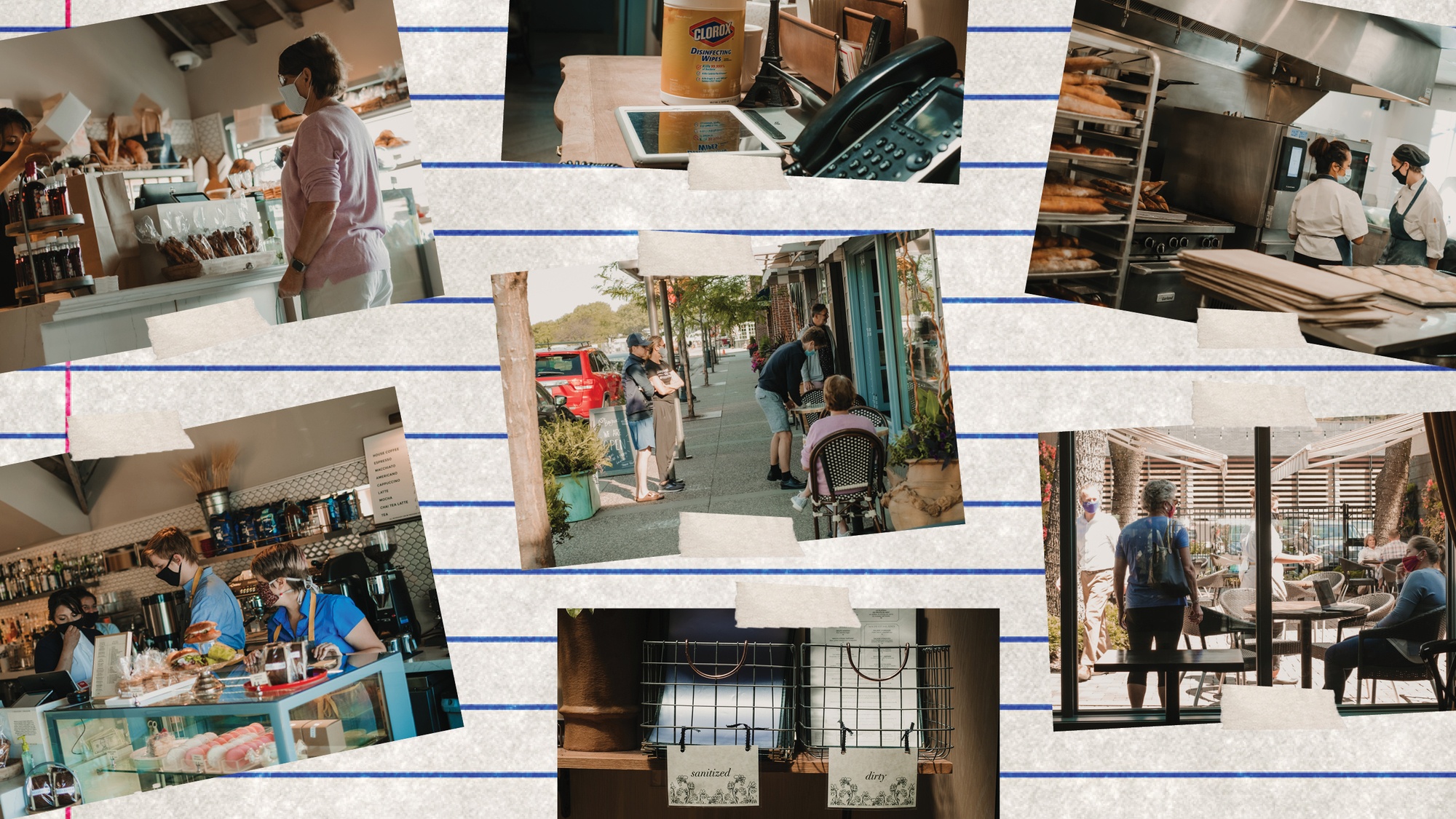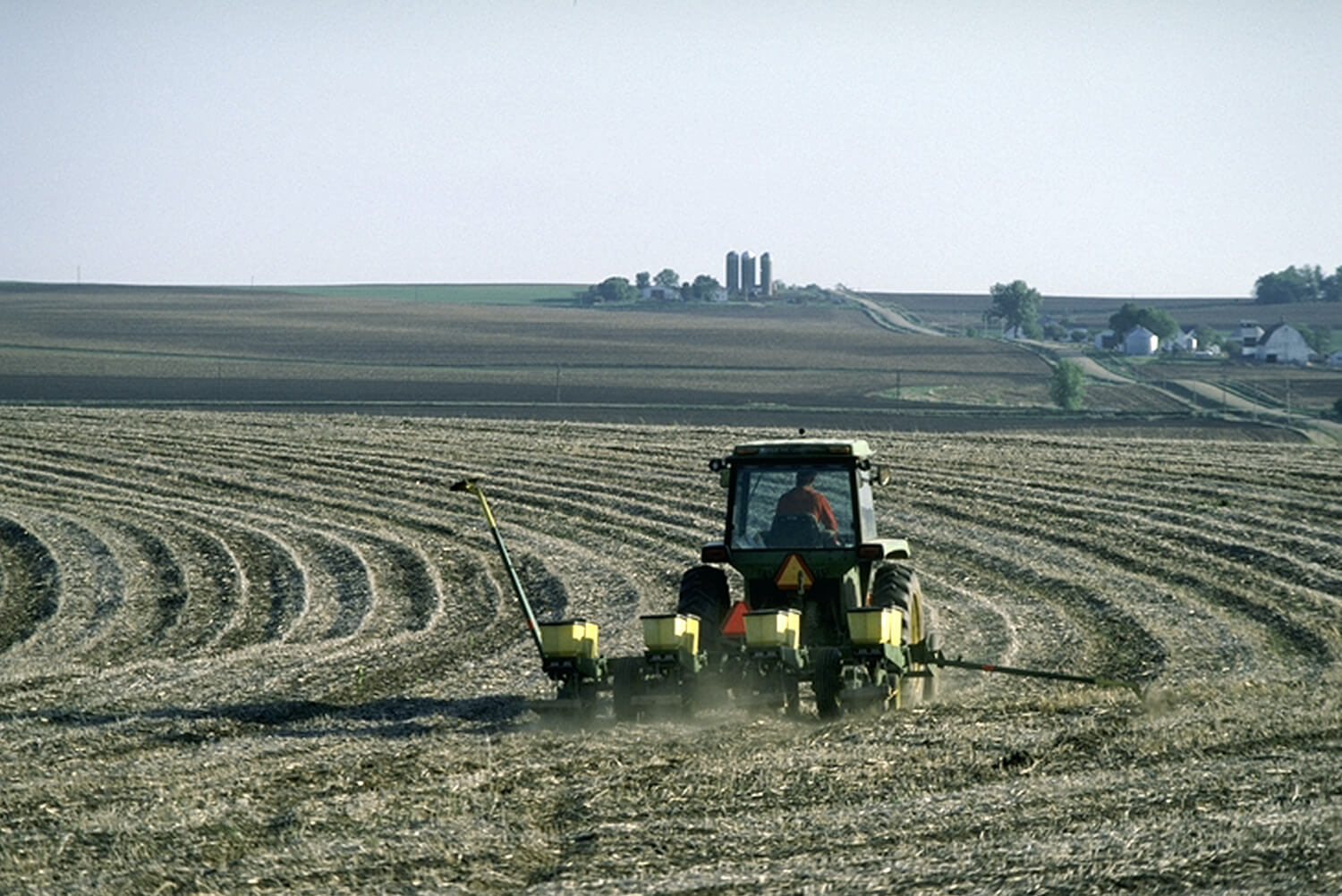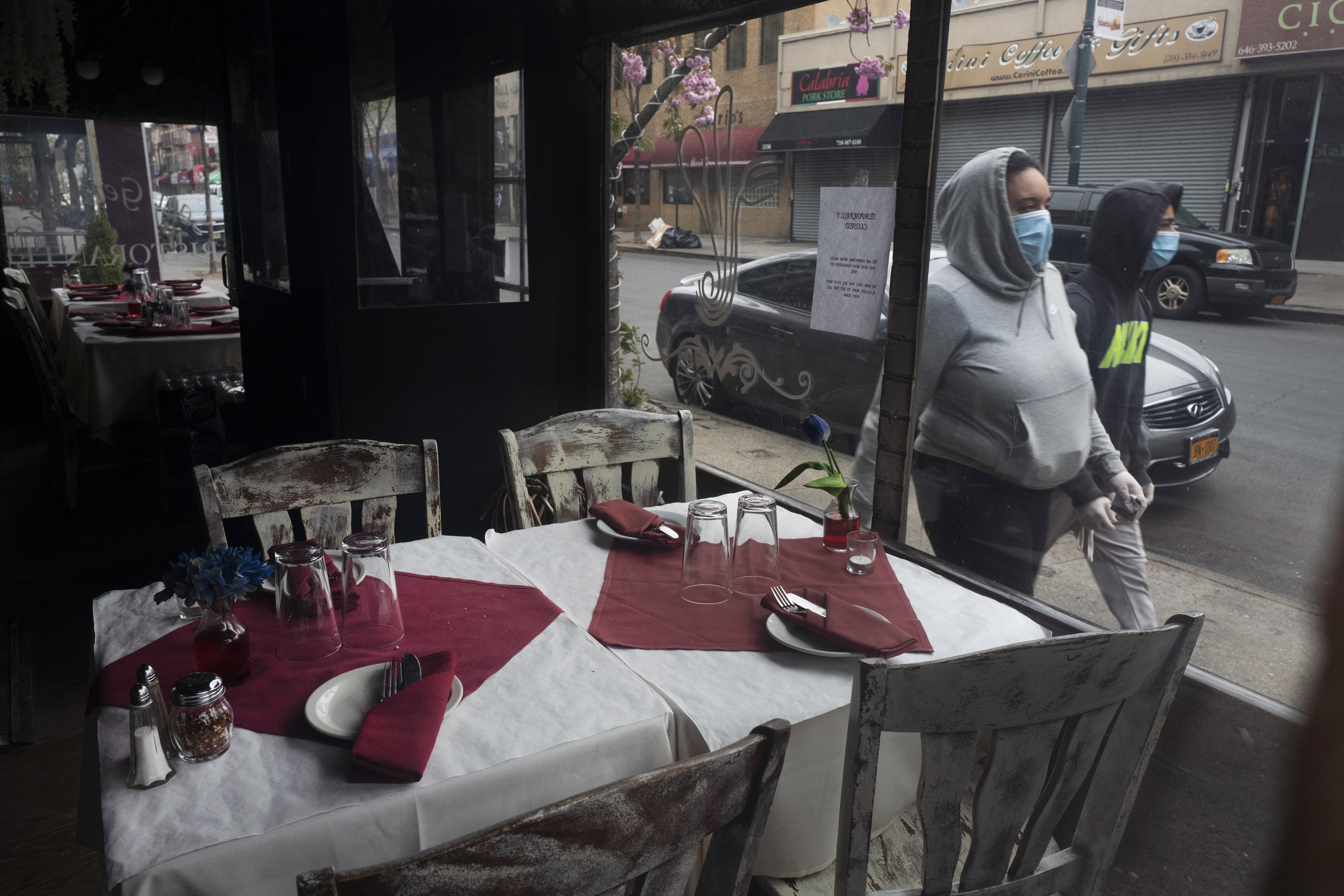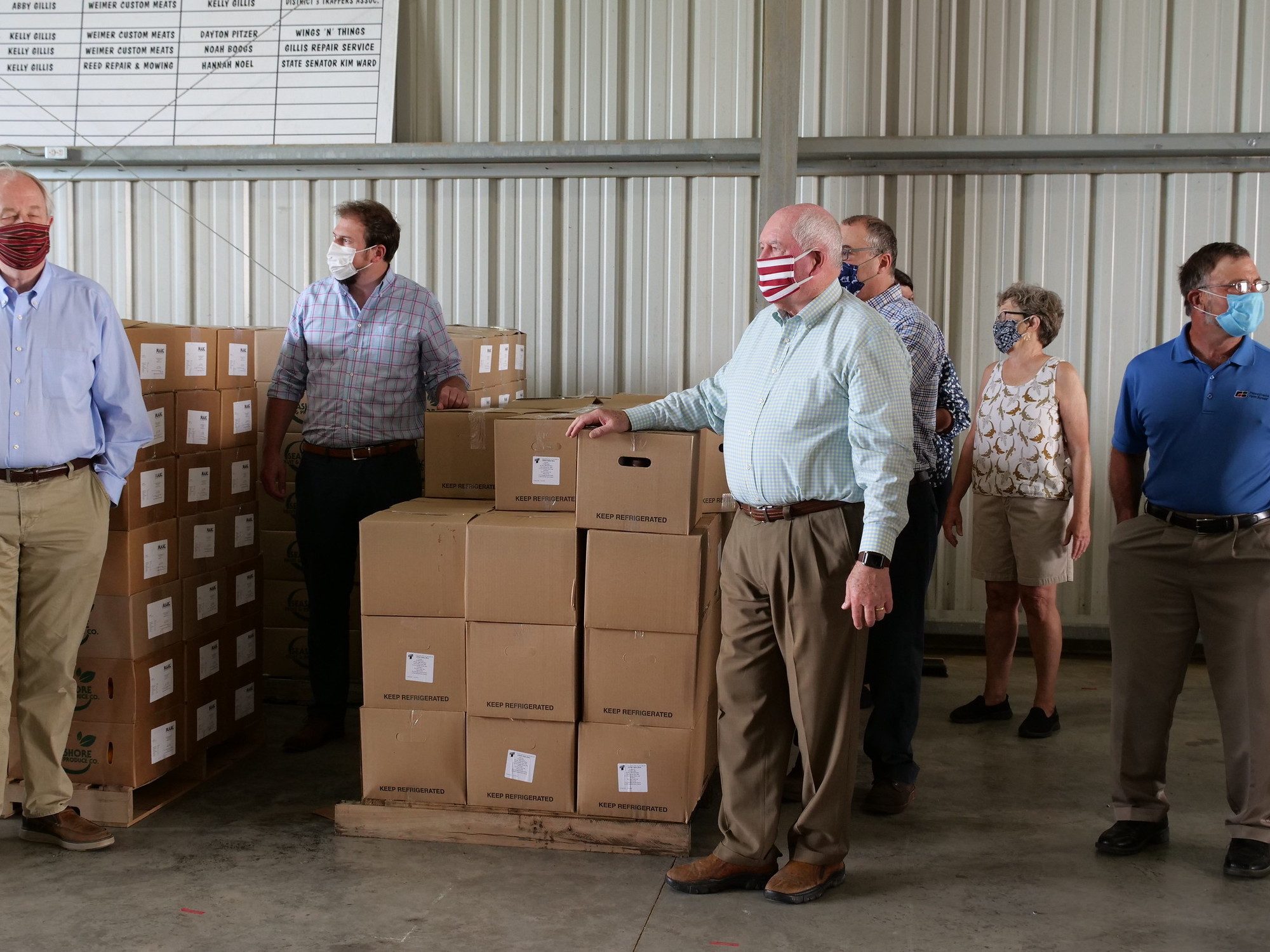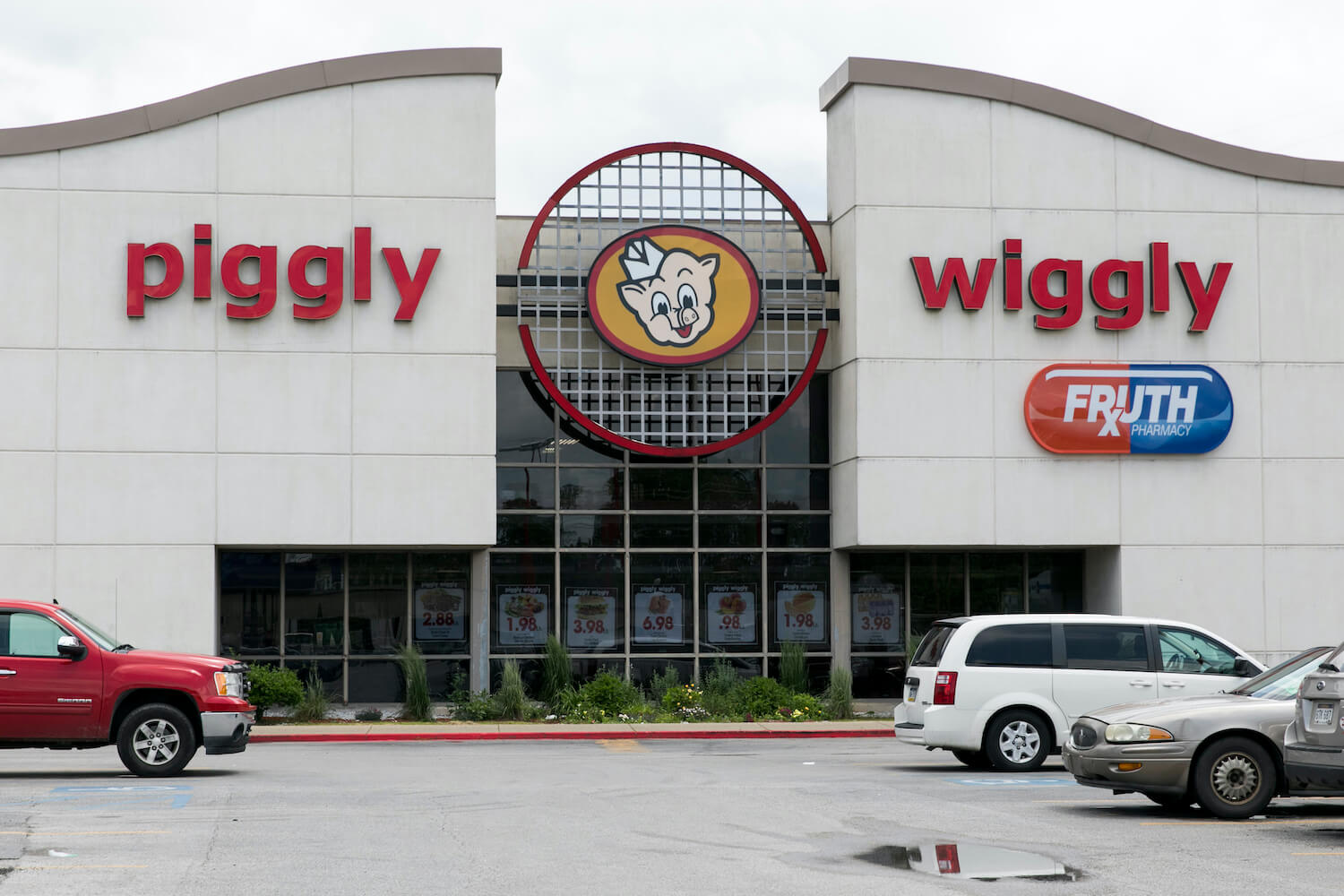
(Kristoffer Tripplaar/Sipa USA)(Sipa via AP Images)
The forgivable loans were intended to keep struggling Mom-and-pops afloat during the pandemic. Many went to giant poultry processors and chains reporting record sales.
On Monday, the federal government released limited details about recipients of the Payroll Protection Program, Congress’ flagship forgivable loan program intended to mitigate the financial impact of Covid-19 on small businesses.
Thousands of food companies received loans, including Jelly Belly, P.F. Chang’s, and Taco Bell and Pizza Hut franchisers. Eighteen different Piggly Wiggly stores received loans, and chef Daniel Boulud’s restaurants, the Dinex Group, received between $5 million and $10 million.
Mar-Jac Poultry, a poultry processor headquartered in Gainesville, Georgia, also received between $5 million and $10 million. According to USDA records, each of Mar-Jac three poultry processing plants slaughter more than 10 million birds per year, and each plant is classified as “large,” meaning it employs at least 500 people. Mar-Jac claimed the loans would enable it to retain 500 jobs, the program limit. The company’s Gainesville plant saw 14 Covid-19 cases by late April.
The Paycheck Protection Program has morphed over time, but it was initially intended as a way for businesses to keep employees on payroll despite often facing massive income losses.
The release came after several news organizations sued the agency for data disclosing loan recipients, and it’s far from complete: The Small Business Administration only reported the businesses that received more than $150,000 in loans, and it declined to share specific dollar amounts, instead dividing the loans into wide-ranging categories, like $2 million to $5 million and $5 million to $10 million.
The Paycheck Protection Program has morphed over time, but it was initially intended as a way for businesses to keep employees on payroll despite often facing massive income losses. At first, businesses were required to spend 75 percent of the money on payroll costs in order to see their loans forgiven; later, Congress shrunk the proportion to 60 percent. The remaining money can be spent on expenses like mortgages, rent, and utilities.
As The Washington Post points out, the PPP program is intended to provide money “necessary to support ongoing operations” while also considering “their ability to access other sources of liquidity.” Yet some stores appear to have secured loans even as they enjoyed an uptick in business: Piggly Wiggly stores reporting seeing shipments double and triple at the beginning of the pandemic, and some reported sales increases of up to 200 percent. Yet 18 Piggly Wiggly stores received loans ranging from $150,000 to $1 million.
According to the New York Times, more than 40,000 restaurants received loans, and The Counter identified more than 2,700 farms on the list. Nearly 6,000 food stores and more than 4,700 companies involved in food processing also appear to have received assistance.

